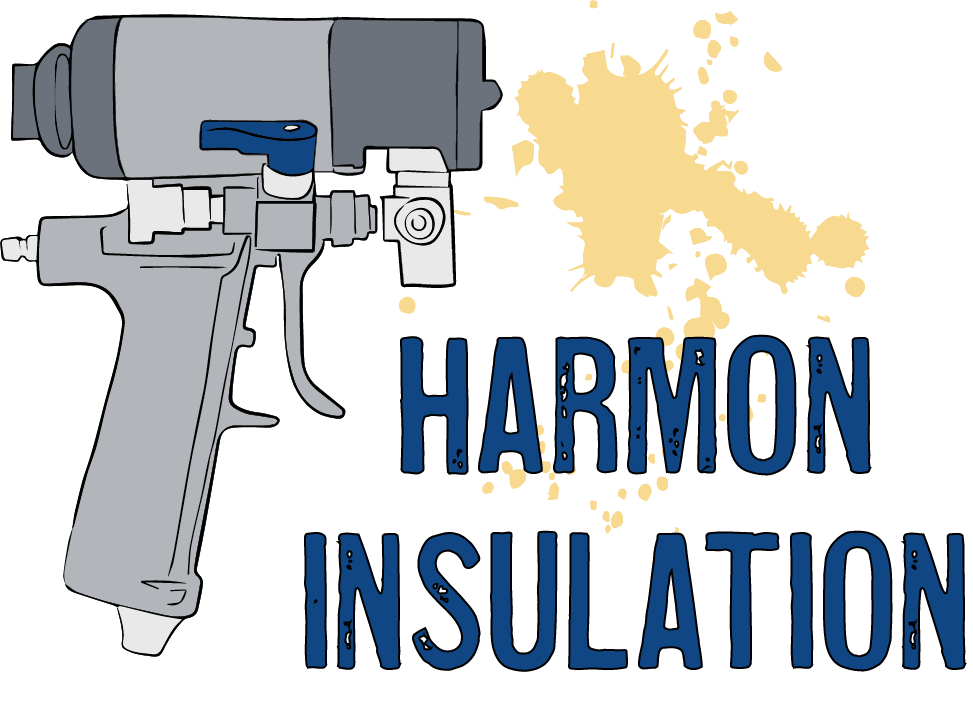FAQ
-
What is the R-Value of Closed Cell Spray Foam?
An Inch of Closed Cell Insulation has an approximate insulation value of R-7.
-
What is the R-Value of Open Cell Spray Foam?
An Inch of Open Cell Insulation has an approximate insulation value of R-3.5.
-
What are some benefits to Spray Foam Insulation?
Spray Foam Insulation will not settle, expands to fill in small gapos and cracks, is non-toxic, can act as a sound barrier, and more!
-
How long has spray foam insulation been around?
For nearly two decades, this insulation has built a solid performance record in commercial and industrial
applications. It has been used to fill sofa cushions and car dashboards, and its insulating properties have made it
ideal for building envelopes, refrigerator walls, tanks and refrigerated tractor trailers.
-
What are this insulation’s thermal advantages?
insulation. It allows for more insulation in a tighter space than conventional batt insulations, and performs
well in controlling hot or cold temperatures. The spray foam is good at keeping heat out as well as in, giving
homeowners a break on their air-conditioning bills along with their heating bills. Spray foam also reduces drafts
by cutting convection looping. Temperature differences between the outside and inside walls cause warm air to
rise and cold air to sink in the cavity between the studs. This action initiates a convection current flowing up and
down the walls, especially with fiber batt insulation. Spray foam insulation applied to the interior wall reduces
the temperature difference of the air current activity. Spray foam insulates hard-to-reach areas and provides a
seamless layer of insulation.
-
How does spray foam insulation affect a house’s structural integrity?
Spray foam insulation remains rigid and does not settle or sag. This means it adds structural strength to a
house while adding very little weight. Its solid nature provides soundproofing and insect resistance, and also
seals cracks from unwanted gas and odor penetration.
-
What about building codes and fire safety?
Spray foam insulation meets building code requirements and is accepted nationwide. It is code listed and
contains no urea formaldehyde. Once installed, spray foam insulation should be covered with an approved
15-minute finish rating thermal barrier such as 1/2 inch gypsum drywall or the equivalent.
